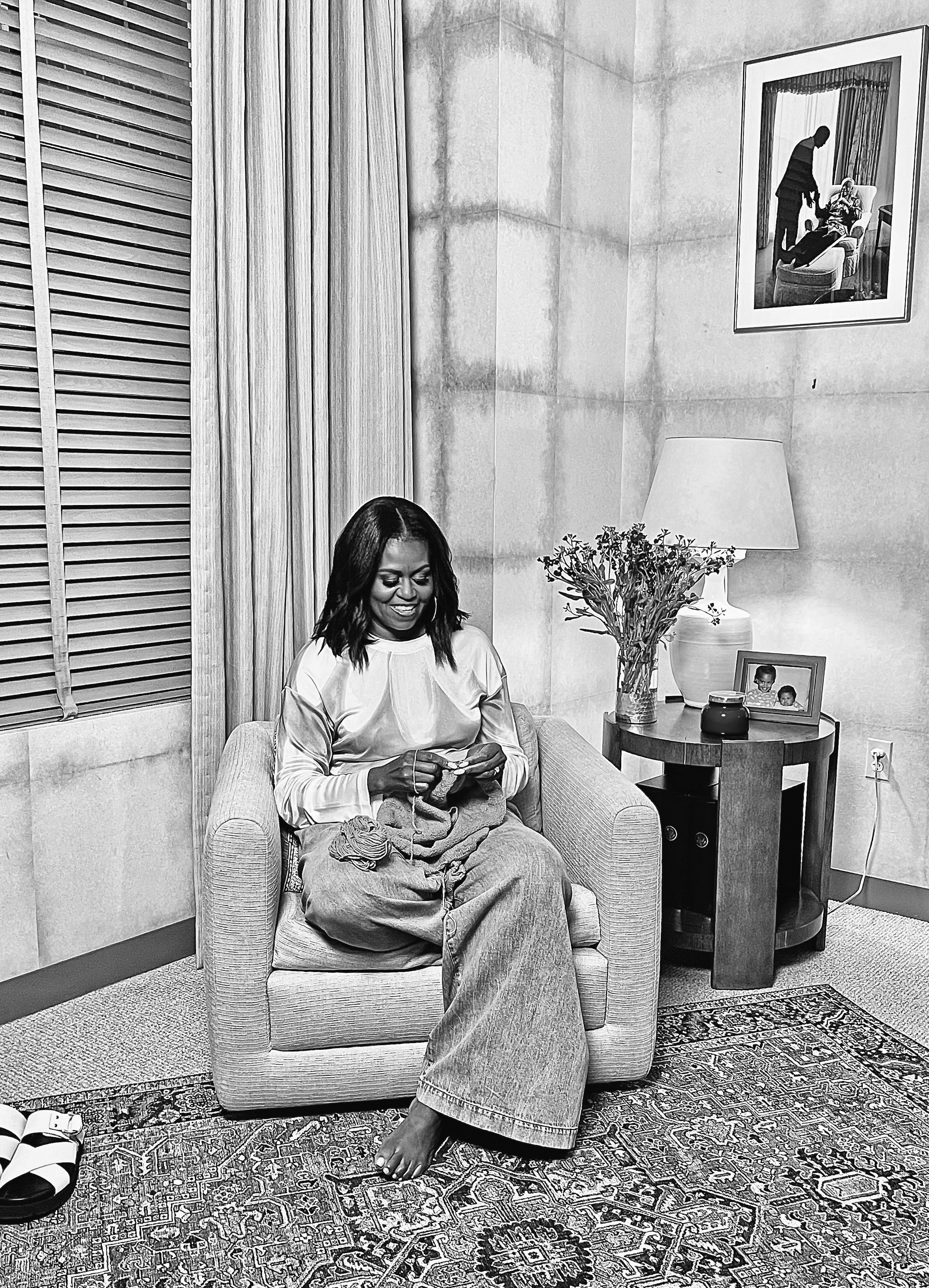The C Word
I was at a networking event recently (needs must), listening to someone who represents his premier league football club in the “community”. He kept stressing the word, whilst making sweeping judgements and presumptions about council tenants. “So yeah, I’m all about community,” he insisted, looking over my shoulder. He wasn’t very convincing.
“Community” – the go-to when you’re looking for Brownie points or want to impress an interviewer - has also become a word that people stress, in inverted commas, when they’re feeling self-conscious about their own sense of purpose. The worst of us use it as a political or charitable halo: “Look at me, out here, doing my bit for the community.” It has to be one of the most misused and abused words in the English Language. But community is vital to most of us. And it is what spurred Blueprint into being: we didn’t like the fact that theatre made in, by, and about communities, was deemed a separate entity to the professional arts world. It’s often lumped in with amateur theatre, which is a different ball game. There’s an idea that, somehow, making art in and about the community, is “less than” mainstream when, in fact, the opposite is true. All the best stories begin in the heart of our communities - whether in a school, a corner shop, or a prison - and we wanted to prove it.
We are a very small company, working on a project-by-project basis, so it’s taken a few years to make our mark, but we are confident that being rooted in the heart of our own community – the Bevin Court estate – gives us an advantage over our corporate counterparts. This was never more evident than during our recent creative writing group, which we ran over the darkest, wettest months of 2022*. This “Arts on Estates” group, based in neighbouring Western Rise, restored our faith in the whole concept of people power - something that, no matter how hard they might try, politicians and big business cannot replicate. It felt such a positive and life-affirming thing to be in a room with 10 strangers to read, to write and to invent characters, places and memories reflecting on the “New Normal” in a post-pandemic world.
Someone else reflecting on the value of creativity in communities recently was Michelle Obama. A friend recommended I listened to an excerpt, The Power of Small, which she was reading from her new book. I wasn’t sure as I’m no fan of big politics and leaders. But it was brilliant to hear her talk about how taking up knitting during lockdown made such a difference to this powerful woman.
I accept there’s a need for someone to take charge at times, but our obsession with leaders, fame, and hierarchies has created an increasingly unbalanced and polarised world. The problem with power is that, not only does it create monsters like Donald Trump; it can turn talented, intelligent people into backstabbing malcontents. Because when the world is this unfair, it’s easier to take our frustration out on those who are weaker and within easy reach than it is to challenge those who have the power, not just over our wages and infrastructure, but over the collective narrative.
It is not the rich and powerful, but communities all over the world, working and creating together to effect change, who will save humanity and perhaps, in turn, our planet.
*The course will run again from 6th March 2023
Michelle Obama knitting.

